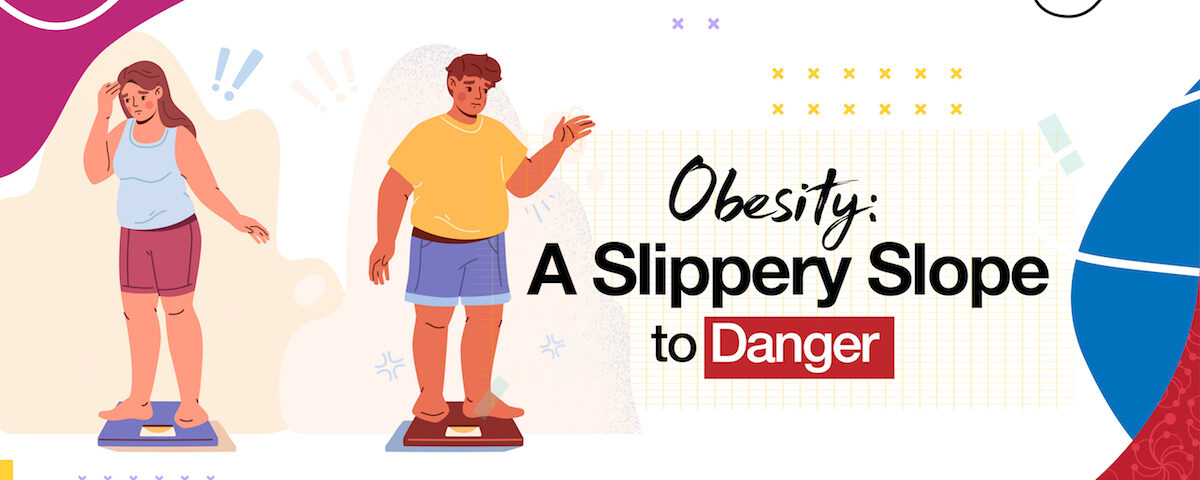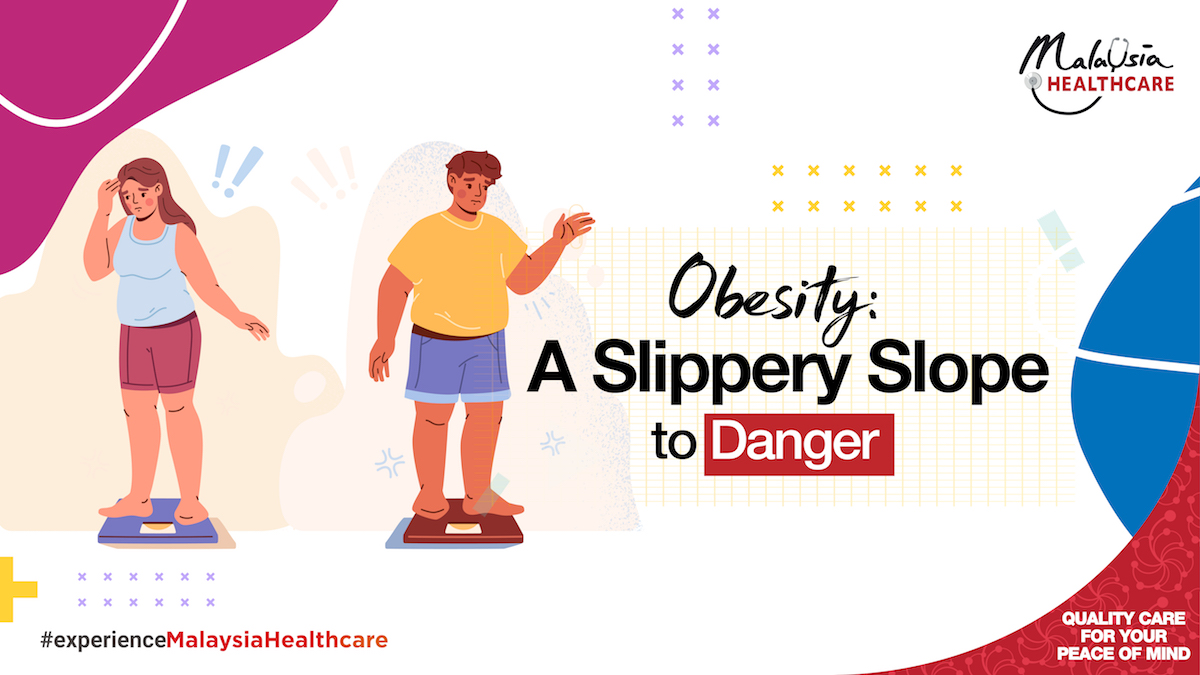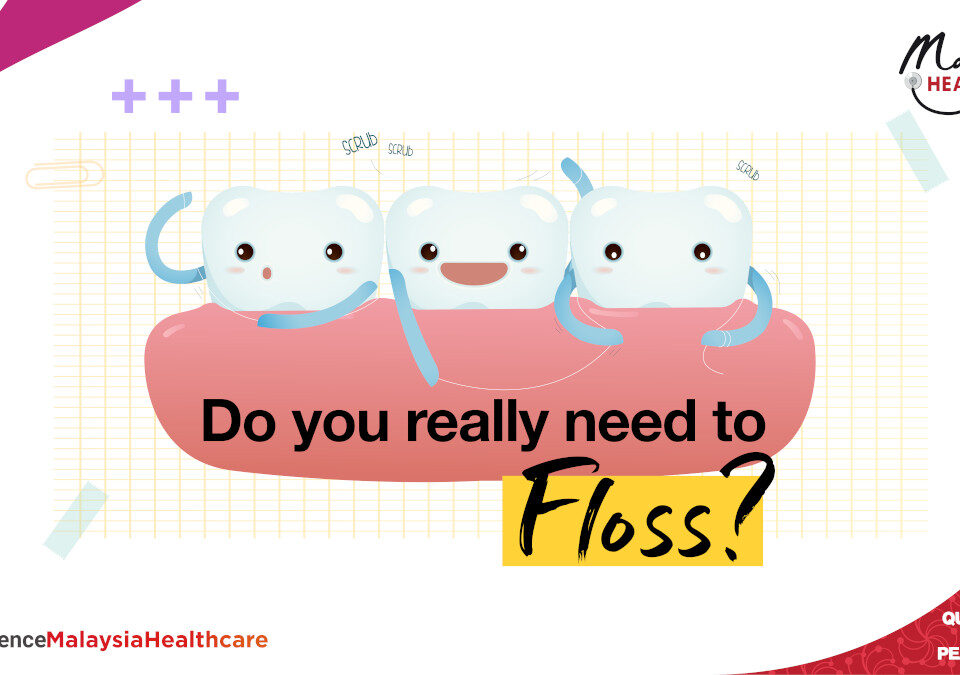Malaysia Healthcare Chronicles
Obesity: A Slippery Slope to Danger


Living in the 21st century means that we are exposed to a wide variety of technological advances which lead to lifestyle changes. One of the significant changes is in the way we eat.
Never has food been produced at such a massive scale and offered in such variety. We have fast food, canned foods, pre-packed microwave dinners, frozen pizzas, and many, many more!
With the ever-increasing availability of high calorie meals, coupled with the sedentary lifestyle of the average modern person, a new threat to health has emerged: obesity. Obesity isn’t just about looking unattractive; it also poses dangerous health risks.
You are considered obese when your actual weight exceeds your ideal weight by 20%. When that happens, the following health complications may occur:
Heart Disease
Research has shown that obesity increases the chances of developing coronary heart disease, which in turn can cause stroke or heart attack. Experts suggest that this may be caused by the build-up of plaques in heart vessels, causing blockages. Another risk of obesity to the heart is that it may trigger heart failure, whereby the heart is coated in a layer of thick fat, preventing it from pumping enough blood throughout the body.
High Blood Pressure
In the case of obese individuals, fatty tissue in their bodies increases the vascular resistance. As a result, the heart must work harder to pump blood throughout the body which leads to high blood pressure. People who suffer from hypertension run the risk of developing more serious problems like aneurysm and heart attack.
Diabetes
Obese individuals face a higher risk of developing Type II diabetes in which the sugar level in your blood shoots up and stays up. If left untreated, diabetes can cause damaged nerves and organ failures. Diabetics often develop heart disease and even blindness and run the risk of kidney disease.
Elevated Cholesterol Levels
Studies have shown that the levels of triglycerides and Low-Density Lipoproteins (LDLs) in most obese people are elevated. LDLs are considered bad cholesterol as they increase the chances of you developing a heart attack. Usually, healthy individuals have more High-Density Lipoproteins (HDLs) or good cholesterol in their blood stream, which prevents the formation of plaque and blockages in the heart.
Cancer
The best prevention against cancer is our own immune system, which detects any cancer cells at their early stages and removes them before they can grow. In obese people however, the body’s immune system is slightly less sensitive and efficient, thereby increasing the possibility that cancer cells may survive. Cancers that have been linked to obesity include breast, endometrial, colon and gallbladder cancer.
Reproductive Issues
Being overweight makes it difficult for the body to produce enough hormones to regulate it well. In women, this means problems with monthly menstruation, including painful and delayed periods. It also lowers fertility rate. Men are not spared from this condition and can suffer from reduced virility, erectile dysfunction, and lower sperm count.
Respiratory Problems
An obese person will often find that a continuous and good night’s sleep is hard to come by, as the size and weight of their body makes it difficult to find a comfortable position. This difficulty leads to sleep apnea, a condition whereby the sufferer wakes up often because they can’t breathe well or feel choked as they snooze.
A simple way to determine if you or your loved ones are obese is by calculating your Body Mass Index (BMI) using a simple BMI calculator. Tackling obesity is no easy task, but with a healthy and balanced diet alongside regular exercise, nothing is impossible!



